Pre-election Moves in Romanian Politics
As soon as the Government announced the date of the forthcoming legislative elections, December 11th, the usual pre-campaign excitement has taken control of the Romanian political scene.

Bogdan Matei, 05.09.2016, 13:46
While the technocratic Cabinet, lacking political ambitions, focuses on the management of the country’s current affairs, the Romanian political parties, old and new, have enough time to outline their campaign strategies. The winner of the local elections of June 5, the Social Democratic Party is the largest player on the left of the political spectrum, having no notable competitors. Even so, the Social Democratic leader Liviu Dragnea says he is trying to bring together all left-wing groups, and has launched conciliation messages to the party’s prodigal sons.
Dragnea says excluding the former party president Mircea Geoana from the party was a mistake that ought to be addressed, and that cooperation with Geoana’s small Romanian Social Party would be beneficial. The Senate Speaker in 2008 and the Social Democratic presidential candidate in the 2009 election, Geoana was kicked out of the party after Victor Ponta took over as president.
Dragnea made a cease-fire offer to Victor Ponta as well. “The Social-Democratic Party needs Victor Ponta,” Dragnea says, and analysts tend to agree that Ponta is still very popular among left-of-centre voters. However, they argue that Ponta has huge image issues outside the party voter base. Last week, the Council of the Bucharest Bar analysed a request to disbar the former prime minister.
The request was filed by MEP Monica Macovei, an ex-minister of justice. She says Ponta gained Bar membership without having passed an exam, only thanks to his Ph.D. in law, but he was stripped of his doctoral title after his thesis was dismissed as plagiarised. Last summer Ponta became the first Prime Minister of Romania under criminal investigation while still in office, after the National Anti-Corruption Directorate accused him of forgery of private documents, accessory to tax evasion and money laundering.
Ponta resigned in November 2015 amid large-scale street protests against corruption in politics. Quite recently however, he has received an unexpected offer to take over the presidency of United Romania, a new party set up by former lower-rank Social Democrats, who adopted nationalist and euro-sceptical views and with whom Dragnea refuses any cooperation. United Romania Party also seems to vex the right side of the Romanian political spectrum, which is as diverse as it is divided. “Romania does not need an extremist, nationalist party, which throws away the EU flag,” says the former president of Romania Traian Basescu, the current head of the People’s Movement Party, which has just absorbed the remains of the National Union for the Progress of Romania, a junior partner in the Ponta Cabinet. Analysts claim however that Basescu sees United Romania as a competitor for the votes of those who respond to his own type of nationalist rhetoric.






























